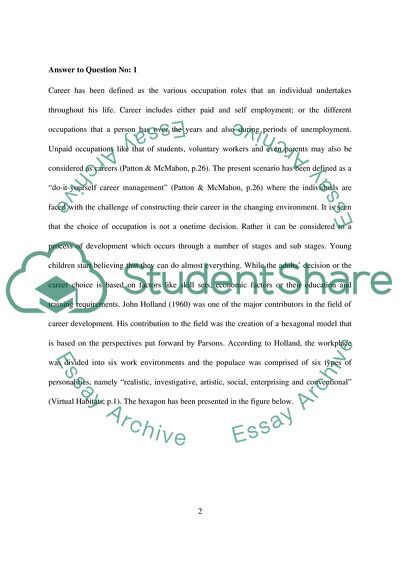Cite this document
(The Various Occupation Roles and an individual undertakes throughout t Essay - 1, n.d.)
The Various Occupation Roles and an individual undertakes throughout t Essay - 1. Retrieved from https://studentshare.org/sociology/1749027-career-management
The Various Occupation Roles and an individual undertakes throughout t Essay - 1. Retrieved from https://studentshare.org/sociology/1749027-career-management
(The Various Occupation Roles and an Individual Undertakes Throughout T Essay - 1)
The Various Occupation Roles and an Individual Undertakes Throughout T Essay - 1. https://studentshare.org/sociology/1749027-career-management.
The Various Occupation Roles and an Individual Undertakes Throughout T Essay - 1. https://studentshare.org/sociology/1749027-career-management.
“The Various Occupation Roles and an Individual Undertakes Throughout T Essay - 1”, n.d. https://studentshare.org/sociology/1749027-career-management.


